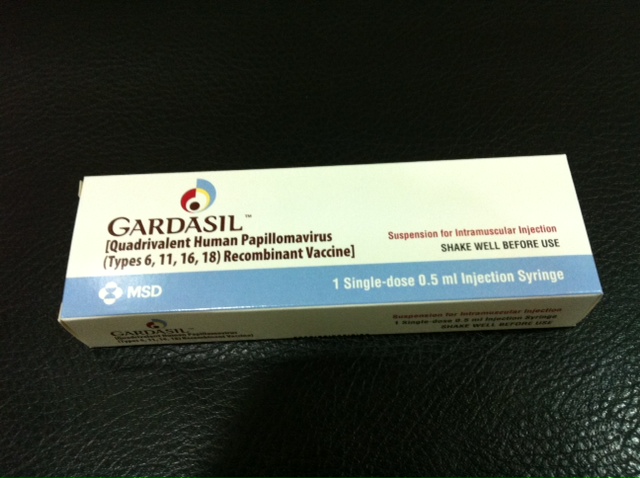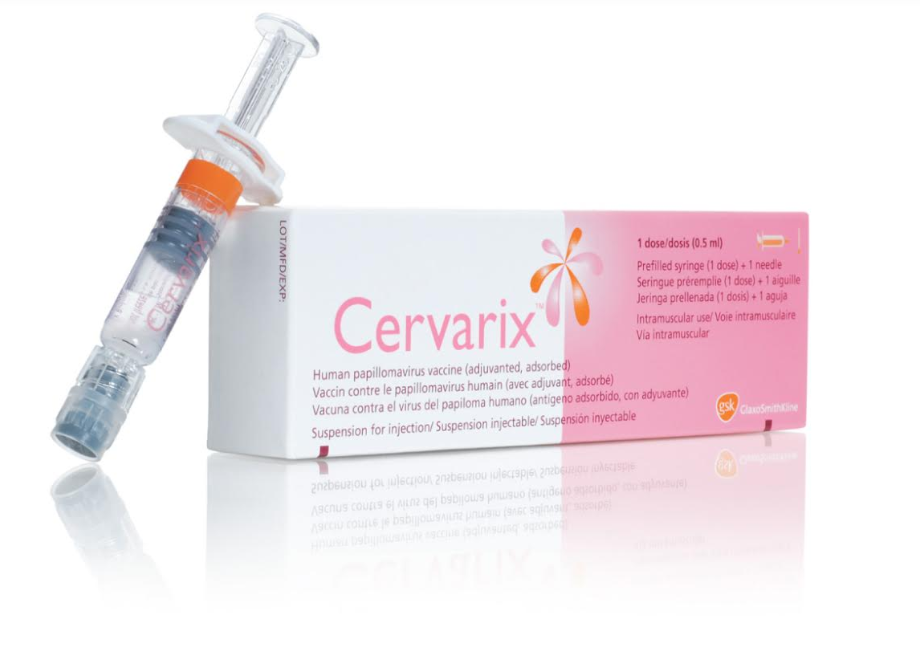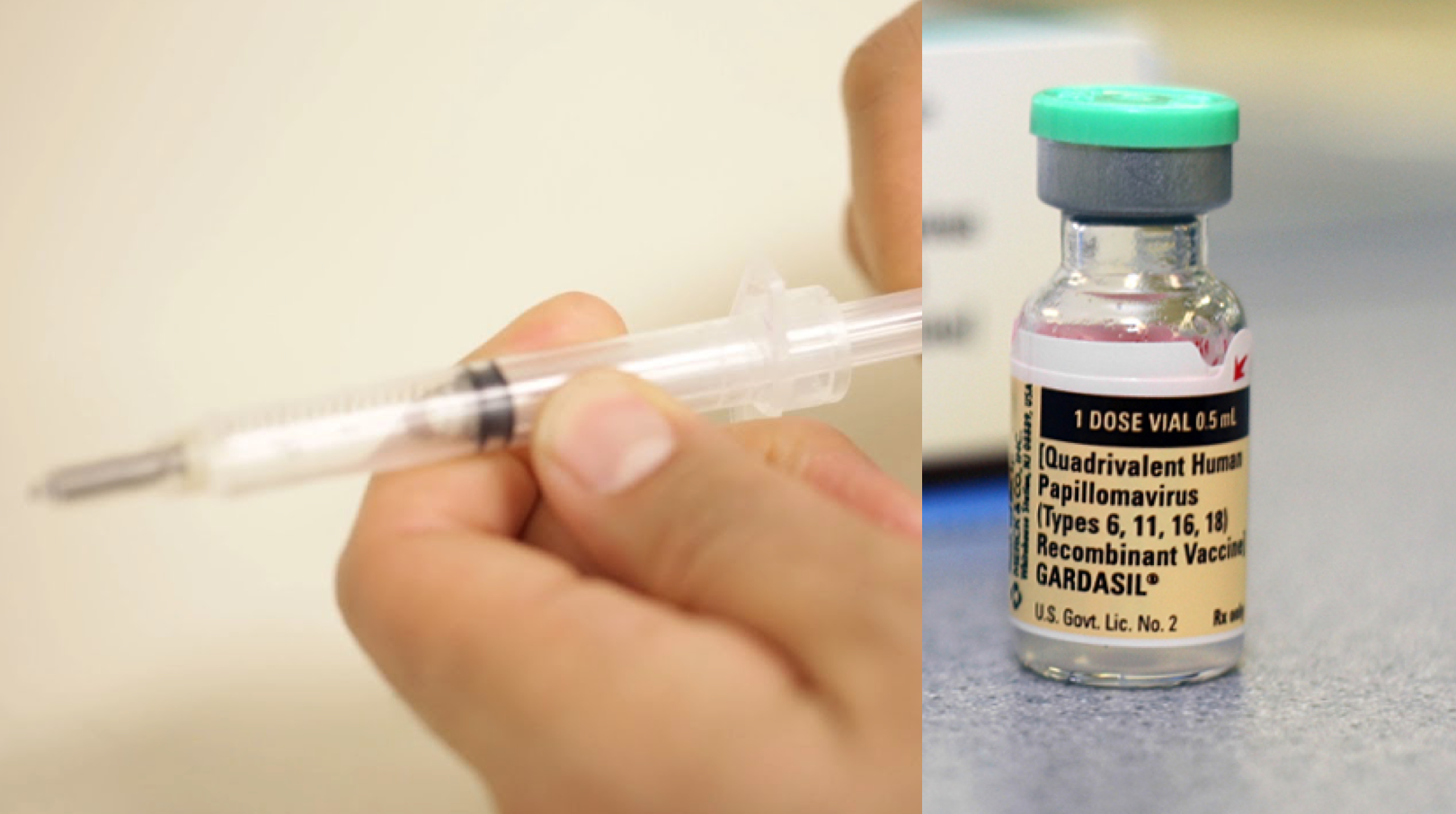Recently, it was announced that all female secondary one students in Singapore will be offered free Human Papillomavirus (HPV) vaccinations.
This was in order to provide more comprehensive cervical cancer prevention for Singaporean girls and women.
However, following the announcement, reports emerged that cited parents who expressed concerns that this would encourage promiscuity among girls, or imply that they can start having sex at a young age.
Some girls were also quoted saying they didn't see the need for HPV vaccinations, because they didn't plan to have sex before getting married.
Here, we tackle some common questions regarding HPV infections as well as the vaccine.
What is the HPV, and why do I have to worry about it?
The short answer is: it's a virus, some types of which can cause cervical cancer in women.
There are more than 100 different subtypes of HPV and they are categorised into high-risk (cancer-causing) and low-risk types.
Some types of HPV can infect the genital area, causing genital warts in both men and women.
14 high-risk HPV subtypes are associated with cervical cancer in women, and less commonly, anal or penile cancer in men.
How is the HPV infection transmitted?
HPV infections are transmitted through sexual activity, such as through genital skin-to-skin contact or by sharing contaminated sex toys.
It cannot be spread by sitting on toilet seats or touching common surfaces.
What does HPV have to do with cervical cancer?
Some types of HPV infections happen to cause cervical cell changes, which lead to cervical cancer.
However, HPV infections are actually very common among men and women, and not all of these necessarily cause cancer.
In many cases, the infection goes away on its own without any symptoms. Sometimes, however, it can persist and cause certain cancers and diseases, such as cervical cancer and genital warts.
How does promiscuous sexual activity relate to one's risk of contracting HPV?
The greater the number of sexual partners one has, the higher one's risk of getting HPV infection.
However, as long as a woman has engaged in sexual activity, even if it is after getting married and/or with one sexual partner, she is at risk of a HPV infection.
This is because the woman's sexual partner may have gotten HPV from someone else before.
What does the HPV vaccine do?
 Photo via Dr Tan & Partners.
Photo via Dr Tan & Partners.
There are three types of vaccines approved for use here — Gardasil 4, Gardasil 9 and Cervarix. These provide protection against high-risk HPV types such as HPV 16 and 18.
Specifically, HPV subtypes 16 and 18 account for about 70 per cent of cervical cancer cases.
How is the HPV vaccine administered?
It's an injection, given in either two or three doses, depending on the type of vaccine you take and how old you are when you take it.
Under this new National Immunisation Programme, Cervarix is the approved vaccination against cervical cancer, protecting females against HPV subtypes 16 and 18.
For females aged nine to 13 inclusive, the vaccination schedule for Cervarix is two doses with an interval at zero and six months.
And for females aged 14 to 25 inclusive, the vaccination schedule is three doses with an interval at zero, one and sixth months.
 Photo courtesy of GSK Singapore.
Photo courtesy of GSK Singapore.
If HPV affects both men and women, how come only women can get vaccinated?
Both men and women can receive the vaccine, and men can also benefit from it.
However, because of its link to cervical cancer in women, there has been a greater emphasis on women receiving the vaccine.
At which age should one be vaccinated against HPV?
In Singapore, HPV vaccines are approved for use in girls and women aged nine to 26.
The vaccine is most effective before girls and women have their first sexual exposure.
So if a woman has had sex before, does this mean the vaccine is no longer effective?
Sexually active women may still benefit from the vaccine as they not be exposed to the types of HPV covered by the particular vaccine.
If a woman has been vaccinated, does this mean she can never get cervical cancer?
No, the vaccine does not provide 100 per cent guarantee against cervical cancer, and approximately 30 per cent of cervical cancer cases are caused by HPV subtypes that these vaccines do not protect against.
Women who have received vaccination are still encouraged to go for Pap smears once every three years. You can arrange a free one with the Singapore Cancer Society here.
Top photo composite image, via Wikipedia & Shutterstock screenshot.
If you like what you read, follow us on Facebook, Instagram, Twitter and Telegram to get the latest updates.
